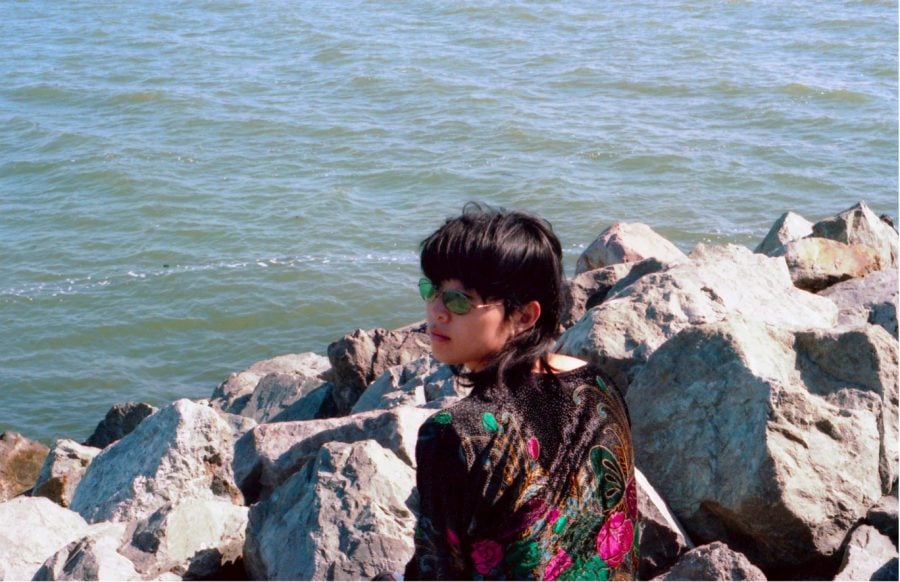Women’s Center names Hankyeol Song first Feminist-in-Residence
Hankyeol Song, the Women’s Center’s new Feminist-in-Residence. Song plans to use the space to further their feminist research interests and inform their art.
June 23, 2020
In mid-April, the Northwestern Women’s Center named artist and activist Hankyeol Song its first Feminist-in-Residence.
According to Women’s Center Director Sekile Nzinga, the residence program aims to provide a space for feminist activists, artists, researchers, professionals and educators to both pursue independent projects and engage with the NU community.
In its creation, Nzinga was inspired by Virginia Woolf’s notion of “a room of one’s own.”
“It is a feminist notion that we are always going, going, going. We have very little time to pause and turn into ourselves for rest,” Nzinga said. “I believe both rest and respite invigorate creativity and our contributions to the world.”
Nzinga said the space is intended as a gift of rest from the regular work environment.
Song, who will assume the role for the 2020-21 academic year, said that among other things, that idea attracted them to the program. They will use the space to further both their feminist research interests and to inform their art, most likely based in film or video.
Song was first introduced to feminist studies in a film class at Grinnell College.
They said the class allowed them to begin navigating the world in a more critical and activated way. They were able to identify the structural and institutional levels of gendered and sexual oppression, and thus further understand their personal experiences.
“It is really important to view yourself and your experience in terms of the collective,” Song said. “Film and media is a very revealing location for collective ideology.”
They believe art is not separate from politics. Rather, Song said they hoped to allow the personal, creative and political to inform one another. In 2016, Song founded Ana-Cha, a film-making collective “exploring the politics in and of art,” per its website.
Meeting other feminist activists on campus inspired them to take action. They were heavily involved in anti-rape activism and pushed the Grinnell administration for change on Title IX and other issues.
Among those changes, Song said they advocated for a Women’s Center. They felt it was important to have a space to talk about such issues of gendered and sexual oppression.
Song said they hope to use their independent research and art to pursue that goal at NU as well.
“I want to foster these spaces where we can have conversations about what is needed on campus, and have reading groups,” Song said.
Recent alumna Lucy Yang (Weinberg ‘20) said the Women’s Center provided a safe space for conversation during her four years as a part of Girl Up. The NU student organization is dedicated to supporting the United Nations’ work to advance the education and development of girls across the world. Yang made the graphic for the Feminist-in-Residence program and said the program sounds exciting.
Nzinga said community engagement is a key piece of the program. She said she was impressed by Song’s approach to introducing their work to others.
“As a professor, it resonated with me that they were thoughtful about not only what they do, but how they would communicate that to those who may be coming from a very different perspective,” Nzinga said.
Email: [email protected]
Twitter: @cadencequaranta
Related Stories:
— Author speaks on diversity and inclusion as part of Women’s Center series
— Media expert talks social change, networking at Women’s Center Event
— Women’s Center Director Sekile M. Nzinga named interim chief diversity officer


